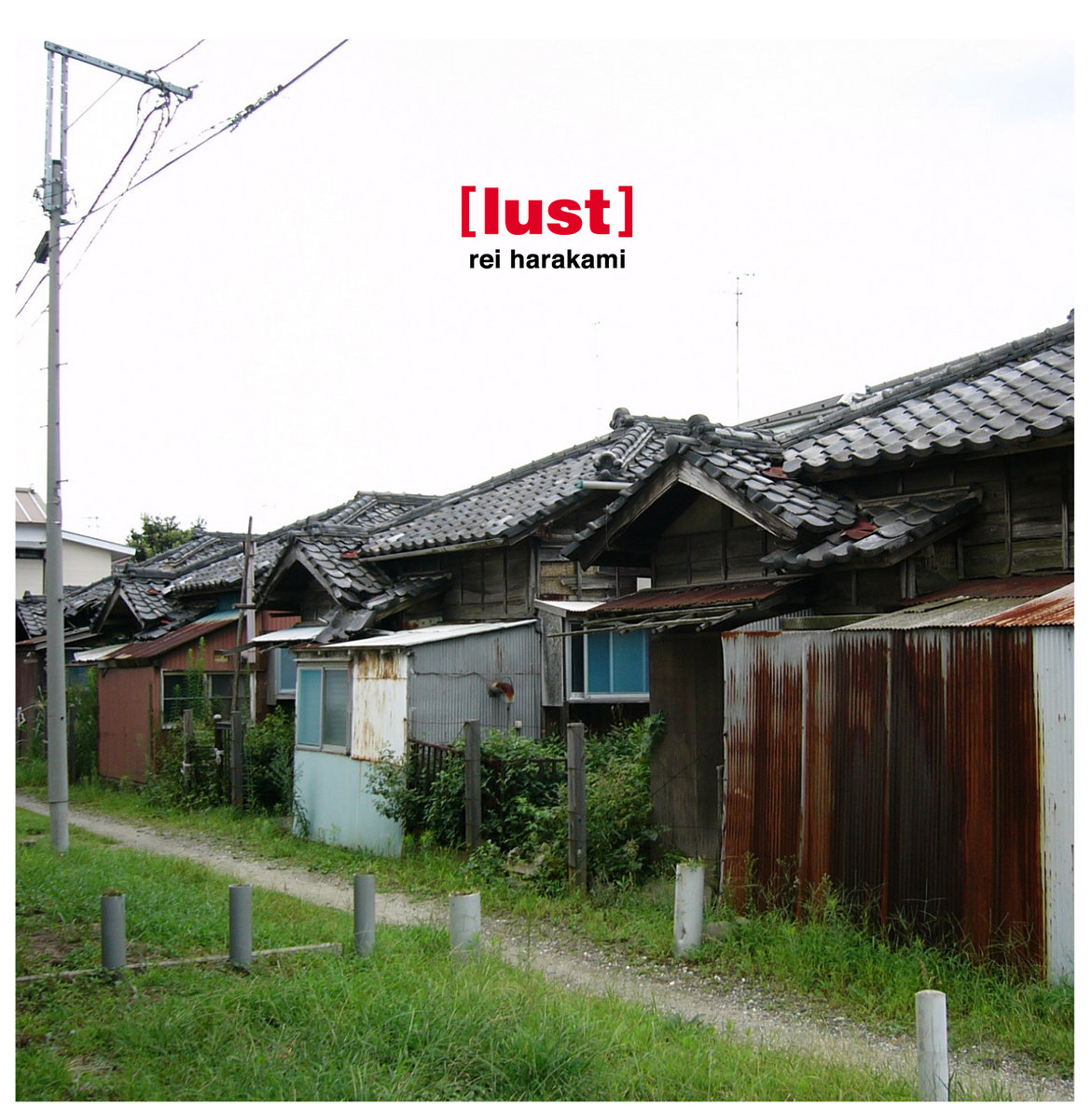The only time Spotify has ever recommended anything worthwhile is when the first track of Rei Harakami’s “Lust,” began playing on autoplay while I was sitting in a coffee shop studying. Instantly, I was transported.
With simplistic sounds, Harakami captured a whole mood within his last album. It sounds like laying in a field of flowing grass in early June. The sun is hot, but not too hot, glossing over your skin. You’re in the middle of a big cityscape, possibly central park, listening to the sounds of happy kids playing and shrieking in the background while your eyes are closed, soaking it all in. You walk home the long way, feeling a soft wind against your skin. Maybe you stop and get ice cream from a truck, a chocolate drumstick like when you were little. The sky is bright blue and you feel at peace.
I immediately added the album to my library and it’s been on repeat ever since.
Rei Harakami got his start making music for student films. He preferred the simple sounds of electronic devices over computer-generated sounds, creating the entirety of lust with a Roland SC-88 synthesizer. These intentional, repetitive sounds contribute a lot to the magic of “Lust,” creating sounds that are almost meditative.
“Lust,” was Harakami’s last album, and perhaps his most masterful. My favorite tracks from the record include “come here go there,” “joy,” and “owari no kisetsu.”
Harakami recorded the vocals for “owari no kisetsu” himself. Translated to “season of endings,” the song is a melancholic portrait of leaving something that no longer serves you. “The dawn burns through the horizon,” Harakami sings, “and leaves me with a feeling of salvation.”
These lyrics, to me, perfectly capture why “Lust,” is so addictive to listen to. Harakami has created something that feels like a new day and a new beginning.
If you’re a fan of electronic music and soothing sounds, I’d highly recommend giving this album a spin.

